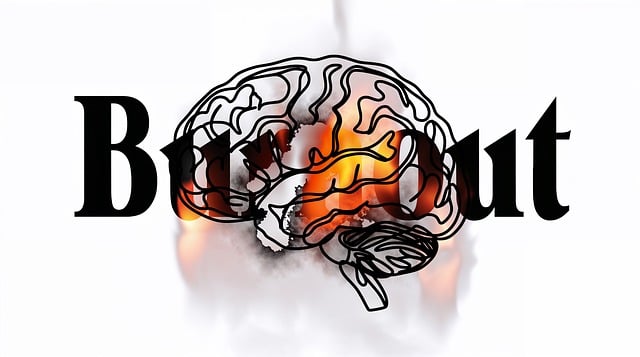The global mental health policy landscape varies widely, with each country facing unique challenges in addressing psychological well-being. Key initiatives focus on improving service access, integrating therapies like Parker Exposure and Response Prevention (ERPT), and promoting mental health education to reduce stigma. Cultural context is vital for developing inclusive policies. Mental health advocacy groups, led by professionals specializing in ERP, play a crucial role in shaping these policies through campaigns, workshops, and legislative efforts. ERP therapy effectively helps individuals overcome specific fears and phobias, offering long-lasting results.
Mental health policy analysis and advocacy are paramount in navigating the complex global landscape, where disparities in access to quality care persist. This article explores key components shaping mental healthcare, including an in-depth look at Parker Exposure and Response Prevention Therapy as an effective treatment strategy. We delve into the advocacy role in policy formation, emphasizing its impact on fostering inclusive mental health initiatives. Additionally, we discuss evaluation methods to measure success, ensuring accountability and continuous improvement.
- Understanding Mental Health Policy Landscape: A Global Perspective
- Parker Exposure and Response Prevention Therapy: Unlocking Effective Treatment Strategies
- Advocacy Role in Shaping Mental Health Policies
- Measuring Success: Evaluation and Impact of Mental Health Initiatives
Understanding Mental Health Policy Landscape: A Global Perspective

The global mental health policy landscape is vast and complex, with each country facing unique challenges in addressing their citizens’ psychological well-being. This intricate web of policies encompasses various aspects, from access to mental health services to the integration of therapy approaches such as Parker Exposure and Response Prevention Therapy (ERTP). The latter has gained recognition for its effectiveness in treating anxiety disorders and depression prevention, offering a promising avenue for policy advocates.
Global initiatives often emphasize the importance of Mental Health Education Programs Design and conflict resolution techniques to mitigate stigma and promote early intervention. These strategies aim to create inclusive environments where individuals feel empowered to seek support without fear of judgment. Understanding these cultural nuances is pivotal in shaping policies that resonate with diverse populations, ultimately fostering more robust mental health systems worldwide.
Parker Exposure and Response Prevention Therapy: Unlocking Effective Treatment Strategies

Parker Exposure and Response Prevention Therapy (E RTP) has emerged as a powerful tool in the mental health arsenal, offering innovative strategies for treating anxiety disorders. This therapeutic approach builds upon traditional exposure therapy, encouraging individuals to confront their fears while simultaneously preventing habitual responses. By gradually exposing patients to stressful situations, E RTP enables them to overcome anxiety and develop effective coping mechanisms.
The therapy focuses on mind over matter principles, teaching individuals to manage and reduce stress through various techniques. It involves training social skills, helping clients interact confidently in previously daunting settings. This holistic approach not only treats the symptoms but empowers individuals with tools for lifelong management, fostering a sense of control and well-being.
Advocacy Role in Shaping Mental Health Policies

Advocacy plays a pivotal role in shaping mental health policies by bringing attention to critical issues and driving change. Mental health advocacy groups, led by passionate professionals like those practicing Parker Exposure and Response Prevention Therapy (ERP), serve as powerful catalysts for reform. Through public awareness campaigns, they shed light on the significance of Mental Health Awareness, highlighting the need for accessible and effective treatment options. These advocates challenge existing policies, advocating for better resources, improved access to care, and integrated coping skills development programs within communities.
By organizing workshops, events, and legislative actions, mental health advocates influence decision-making processes. They contribute to the development of evidence-based practices, ensuring that Risk Management Planning for Mental Health Professionals incorporates innovative strategies like ERP. This collaborative approach fosters a more comprehensive understanding of mental health challenges, ultimately shaping policies that address prevention, treatment, and recovery with greater efficiency and empathy.
Measuring Success: Evaluation and Impact of Mental Health Initiatives

Mental health policy analysis and advocacy are vital components in creating comprehensive support systems. By understanding the global landscape, implementing innovative treatments like Parker Exposure and Response Prevention Therapy, and fostering effective advocacy, we can significantly shape mental health policies. Measuring success through evaluation ensures that initiatives have a tangible impact, ultimately enhancing the well-being of individuals worldwide.










